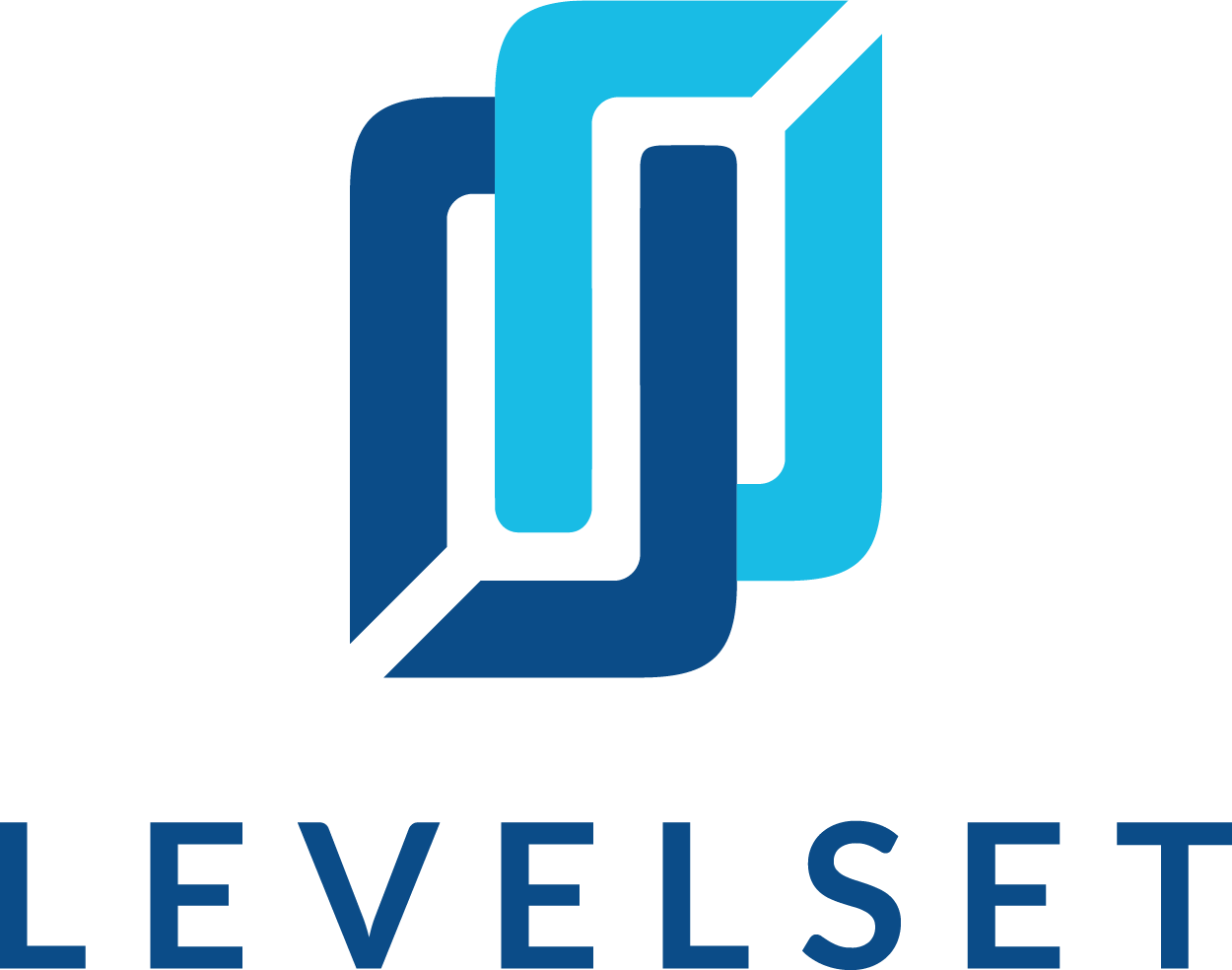
The construction industry is unique in many ways. Unfortunately, not all of the ‘unique’ things about construction are necessarily good things. One of those unique-yet-not-so-good things about the construction business is the general expectation of delayed payments due to the complexity of both the payment chain and the required pay applications.
Read More: Do too many construction companies accept late payments as the status quo? Be sure to read “Late Payments in the Construction Industry – Who’s to Blame?” for an interesting viewpoint on the industry-wide slow payment problem.
While there are many ways to combat slow or non-payment once it’s already affecting you on a project, wouldn’t it be better to just avoid it in the first place? Every construction participant wants their invoices prioritized, and wants to get paid on time and without hassle. This article provides a few top tips to getting paid what you deserve, when you’ve earned it, without having to tolerate unacceptable delays.
One thing that all three of the following tips have in common is that they are somehow connected to clear communication.
Communication is key. And, while you have definitely heard that before (and it might even seem a little naive to say), the fact is that good communication is one of the most important steps to getting paid. It just makes sense. If other parties do not know what is going on, that you have completed work, that you are waiting on payment, or who you even are, then you’re going to keep waiting.
At Levelset, we call this “Increasing Your Project Visibility,” and it’s a best practice for any construction company that wants to get paid faster on their projects.
There is a difference between clearly communicating and being a squeaky wheel nuisance, but making sure the there are no knowledge gaps related to your payment is critical. Proactively sending preliminary notices to promote visibility can do a lot to make sure your invoices are prioritized, strengthen relationships, and get you paid, in full and on time.
1. Send a preliminary notice
Savvy companies in the construction industry always send preliminary notices — even when a preliminary notice is not required – because they realize that these notices prioritize their invoices above others who do not send a notice.
Preliminary notices (sometimes called preliens or Notices to Owner/NTOs) can be great options for getting paid faster. When sending a preliminary notice, you are prioritizing your invoices by making sure you are visible and providing evidence that you “run a tight ship.”
Most large or sophisticated property owners, and nearly all developers or large GCs, go to great lengths to track who is filing and not filing notices (please see the “True Story,” below, which perfectly illustrates this point).
This practice is done for a couple of reasons:
1. To fill in the project chart of the parties working to know who to collect lien waivers from
2. To know which parties have protected lien rights and remain in a secured position. When there are required preliminary notices to retain the right to file a valid mechanics lien, and those notices aren’t sent, those parties are the ones that can be strung along a bit longer for payment if cash flow becomes an issue (and in construction, cash flow is almost always an issue).
This is not a scare-tactic, though. Just because a preliminary notice protects the right to file a lien later, if needed, it’s not designed to be an adversarial document. Not only are preliminary notice documents commonplace (and often required by law in many states for any company wanting to secure their lien rights), many upper-tier parties like to receive them for the information provided and added visibility into the project.
The point of this type of notice is actually to protect the parties you are sending it to — mainly general contractors and owners. The notice gives them a chance to resolve the problems or issues before having to deal with a mechanics lien or even a legal dispute.
True Story:
We recently had a conversation with “Albert C.,” a contractor and business owner from South Florida.
Al has decades of experience in the construction industry, and he has the kind of wisdom that you can only get one way: by earning it the hard way.
We were talking about the industry’s well-known late payment problem and how sending notices can not only help a construction company get paid but also, sending notices will usually help a construction company get paid faster.
This is the story that Al told us:
“This was years ago, and I was the sub on a big project, and I was having trouble getting paid from the GC. I’d call and call, send faxes (this was before email, mind you), and nothing. They were totally ignoring me. So one day, I decided that I’d had enough, and I went over to their office in person and asked to speak to the accounts payable person. They showed me to her office and told me to walk in. The AP manager was on the phone – she barely glanced up at me and just motioned me to have a seat.
Her desk was a mess – there were papers that looked like invoices everywhere. But when I took a closer look, I noticed that there were two distinct stacks of invoices, two huge piles really, arranged on her desk. She finally got off the phone and asked me what I wanted. I told her that I was there to get paid, but first I had a question for her. ‘Shoot,’ she said.
So I began, ‘I see you have two big stacks of invoices on your desk. I’m guessing that they’re all from subs just like me. I gotta know, what do the two different stacks mean?’
Pointing to the left stack, she said, ‘this stack here is invoices from subs that have also sent me preliminary notices.’ Pointing to the other stack she continued, ‘and this stack is invoices from companies that did not send a preliminary notice.’
‘Oh,’ I replied. ‘So why do you separate them like that?’
‘Easy,’ she answered. ‘We pay these invoices first,’ as she pointed to the left-hand stack of invoices that also had preliminary notices, then motioning to the other stack she continued, ‘and we pay these invoices when we get around to it.‘”
Al told us that, from that day forward, he always sent preliminary notices on every single job, no matter what.
2. Invoices: Being organized pays off
Organization is something everyone should strive for, no matter what industry you are in. But in the construction industry, organization is more than just a “best practice” — it’s really a do-or-die proposition.
There are too many statutory requirements, nuances, and pitfalls for a party to not conduct themselves in an organized manner. With all of the moving parts and complexity involved on a typical construction project, even the invoicing process is an organizational nightmare. But it must be done, for how do you expect to get paid when the paying party does not know how much money you are owed and why?
The application for payment (pay app) process in construction is a mine-field for unorganized parties, full of dangers both hidden and laying in plain sight. It is a complex request that needs to be provided on an ongoing basis in order to get paid.
Not just an invoice, the general pay application requires a decent level of detail, and if you struggle to provide the required documentation, numbers, and support, guess what: You’re going to have to wait to get paid. In order to make payment run more smoothly, keep good records. This will make your pay app process streamlined, and get you paid ahead of the parties that fumble this task by providing messy documentation.
Furthermore, if a project dispute escalates and ends up in court, being unorganized can make it much more difficult to emerge victoriously, and maybe even more importantly, with the payment you are owed. Even if you may be in the right, you still have to prove certain things in order to win, especially with a mechanics lien claim.
For example, a Wisconsin court recently ruled against a general contractor because their records were an absolute mess. They were unable to give a simple accounting of expenses and revenues. No court will side with you when you cannot give them the basics.
3. Sending a pay app or invoice? Send it with a lien waiver
You know what’s better than providing immaculately organized pay-apps or invoices? Providing immaculately organized pay-apps or invoices with a side of lien waiver.
Many parties require lien waivers before payment, or even require them as supporting documentation attachments to pay-apps, so why don’t we cut out the back-and-forth time delay of request/provide and just automatically send the waiver with the request for payment?
Lien waivers are useful tools that can foster trust and build better working relationships. When done correctly (i.e., using a “conditional waiver”), a lien waiver can protect the party paying you while still preserving your lien rights in the future if they don’t end up paying.
By sending a conditional lien waiver with every invoice, you are ensuring that you will not file a mechanics lien claim for payments made, and your lien rights for future payments (or payments promised but never received) are still preserved. And by sending them automatically, you can streamline the payment process, and promote faster payment. Once the paying party has that lien waiver, they have a guarantee that they have little to worry about regarding any future liens, as long as you get paid.
Note: “Unconditional waivers” are different and should never be used unless payment has already been received. The reasoning behind this is because an unconditional lien waiver is effective to waive rights whether payment is made or not. It’s usually more important whether the lien waiver says you got paid compared to what actually happened.
Get paid promptly in construction
As a member of the construction industry, there are many ways for you to make sure you are paid fairly and promptly. Fostering good work relationships, keeping an excellent reputation, and being fair are important factors in any industry.
Considering the complexity of the construction industry, these factors are especially vital in order to succeed! The best way to start is by educating yourself of all options at your disposal.



